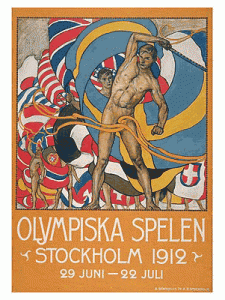 June 27, 2012
June 27, 2012
One hundred years ago this month, my great uncles, Platt and Ben Adams, competed in the 1912 Olympics in Stockholm, Sweden where they picked up gold, silver and bronze medals in track and field events. Platt was heralded in many American newspapers as the greatest athlete of the first half of the 20th century because of his incredible athletic feats in a range of disciplines, including baseball, the discus and triple jumping. His gold medal in the 1912 Olympic standing high jump is still on display at the New York Athletic Club, the team he represented in competition. Ben, his little brother, took home silver and bronze medals in 1912, marking only the second time in Olympic history that siblings have gone one-two in the summer events.
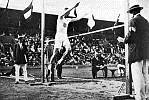
There’s no question that the family stories about Platt and Ben, my grandfather’s brothers, had a lasting influence on the way I perceive competition and persistence. My favorite childhood story was about how Platt was going into the final round of the standing high jump with the gold medal at stake. He already knew his little brother’s capabilities, but was less sure where his next-closest Greek competitor stood, so he started his mental game of psyching himself up.
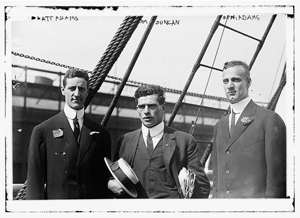
“He’s not taller than me. He’s not bigger than me. He’s not faster than me. He can’t jump higher than me,” Platt said he mused to himself, looking the man up and down with an appraising eye. After convincing himself that the athlete didn’t possess a single trait that was superior to his own, Platt concluded, “I can beat him,” and he went out and set the world record.
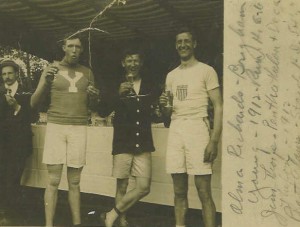
Although it sounds unsophisticated, my uncle Platt was doing what every great competitor does: playing a tough mental game to maximize his chances of success. Because I’m a goal-setting specialist with a niche in performance coaching, I’m always interested in how champions are bred and made. Whether we are Olympic athletes or not, there is no question that how we think is a huge piece of how we ultimately perform in all areas of life.
A recent story in the Washington Post about swimmer Michael Phelps highlighted how he prepares himself to win, and what techniques he uses to stay sharp and focused, even when the odds are against him. One thing that fascinated me about his habits is that he always mentally rehearses what he will do when things go wrong, as occurred in the 100 butterfly final in Beijing when his goggles filled with water and he couldn’t see. Despite the situation, he fought to the end of the race, winning by one one-hundredth of a second.
To read the Washington Post article, click here.

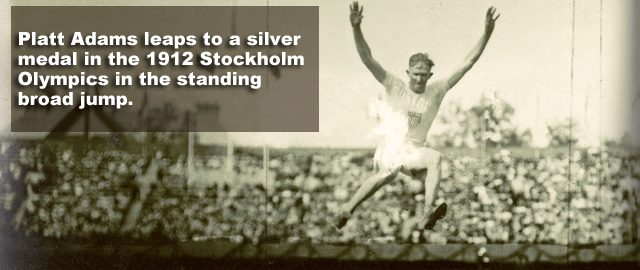


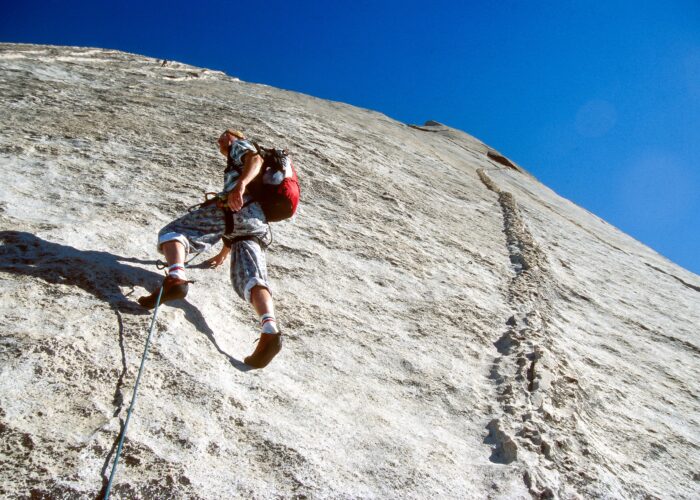
Winning entails not only being prepared physically but also mentally psyched as written in this piece. Inspirational!